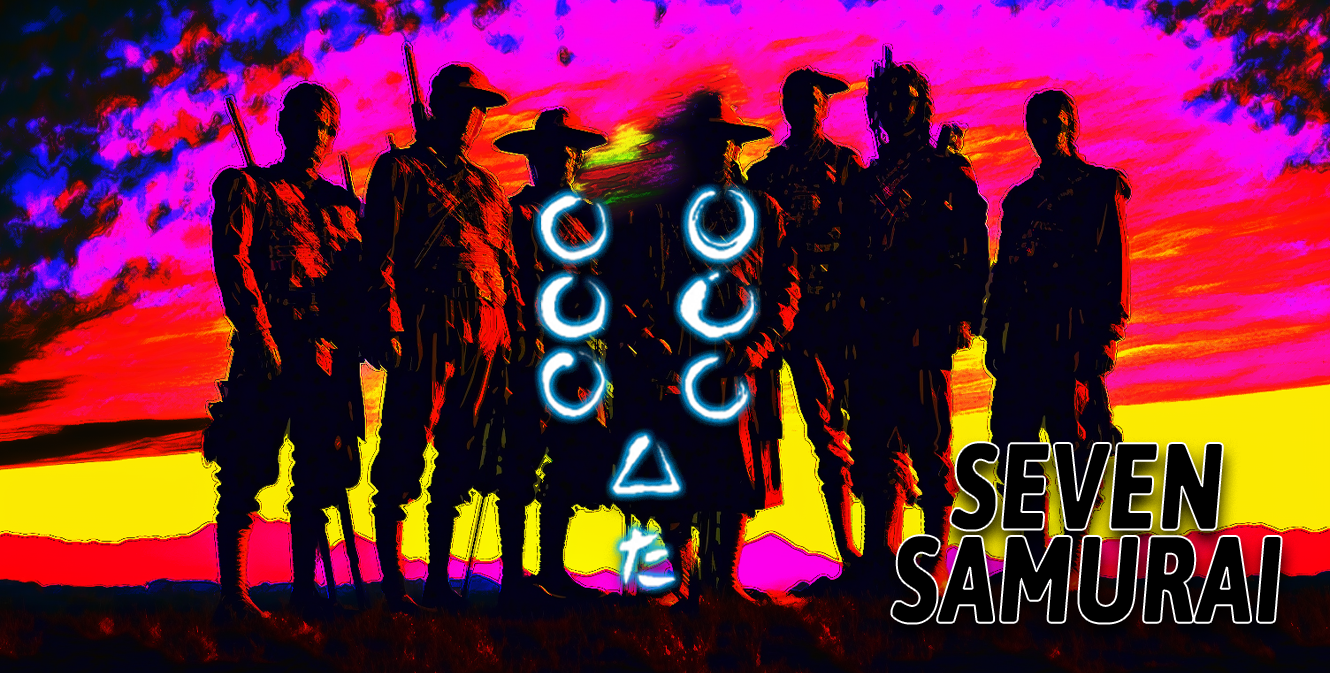
“The Seven Samurai,” directed by Akira Kurosawa, is considered to be one of the greatest films ever made, and has had a significant influence on cinema, particularly in the Western world. The film, which was released in 1954, tells the story of a small village in 16th century Japan that hires a group of seven masterless samurai, or ronin, to defend them from bandits.
The film was produced by the Toho Company, and stars Toshiro Mifune, Takashi Shimura, and Isao Kimura. The film’s screenplay was written by Kurosawa, Shinobu Hashimoto, and Hideo Oguni.
“The Seven Samurai” was a commercial and critical success upon its release in Japan, and was later released in the United States in 1956. The film was nominated for an Academy Award for Best Art Direction, and has since been included in numerous lists of the greatest films ever made.
The film’s influence can be seen in a wide variety of later films, including “The Magnificent Seven,” a 1960 American Western film that was a direct adaptation of “The Seven Samurai,” as well as other films such as “Star Wars,” “The Dirty Dozen,” and “The Wild Bunch.” The film’s themes of self-sacrifice, loyalty, and the need for community protection are still resonating today.
Kurosawa’s direction and storytelling skills are considered to be masterful, with exceptional cinematography, editing, and action choreography. The film’s legacy continues to inspire many filmmakers and cinephiles around the world.
As a geek-themed blog, it’s worth noting that “The Seven Samurai” has been a major influence on the representation of the samurai in pop culture. From video games such as “Ghost of Tsushima” to anime series like “Samurai Champloo,” the samurai archetype popularized by “The Seven Samurai” can be seen in various forms of media. The film’s portrayal of honor, duty and the samurai code of bushido have been a constant source of inspiration for creators in the field of fantasy and science fiction.
“The Seven Samurai” remains a benchmark in film-making and storytelling, and its impact can be felt in the works of contemporary directors and storytellers. It’s a film that should be in every cinephile’s watchlist, and for geek culture enthusiasts, it’s a must-watch for understanding the origins of samurai representation in pop culture.